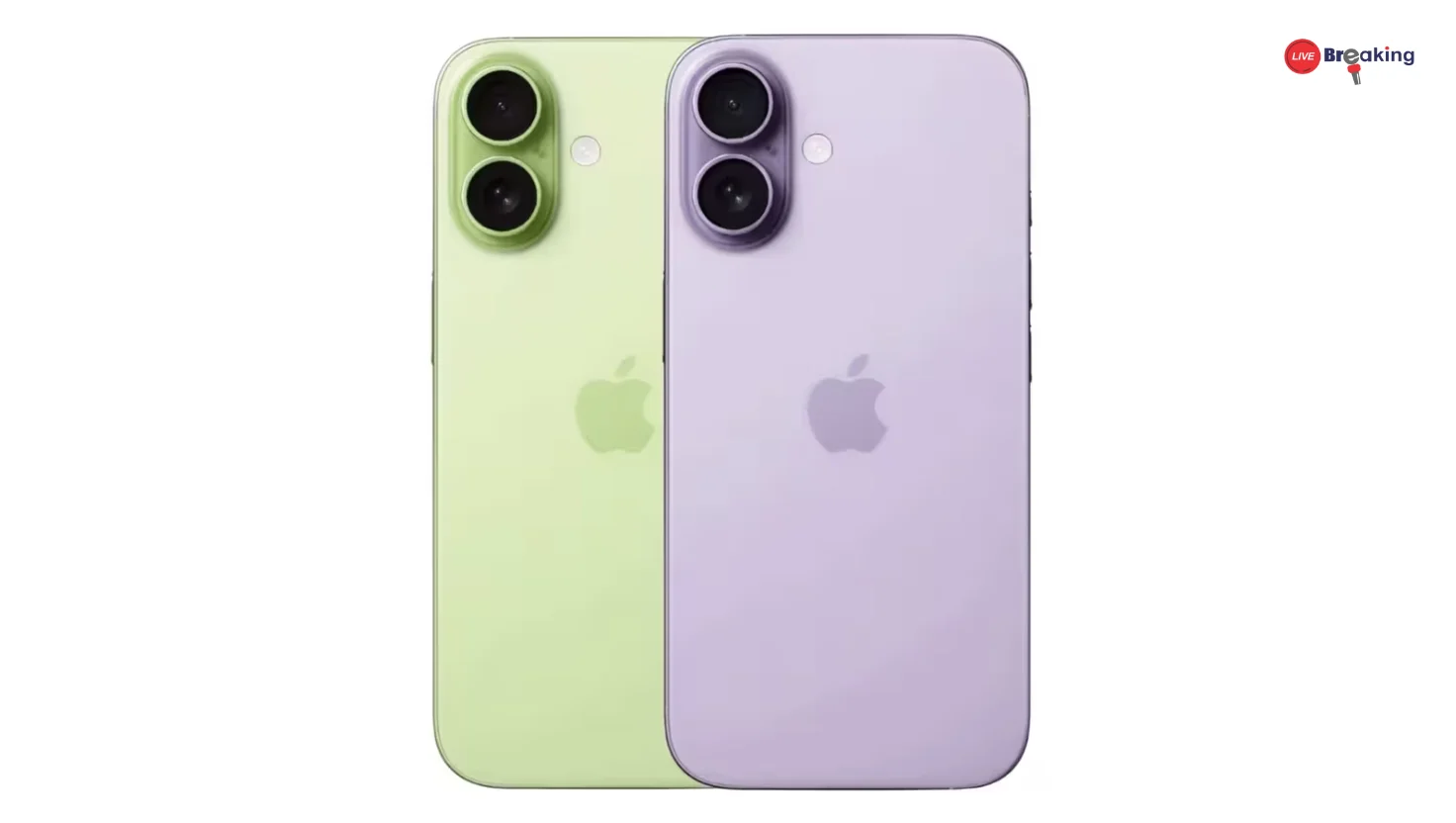Microsoft Wants To Make An AI-Powered Windows 11 For PCs: Here’s What It Offers
Microsoft is charting an ambitious path for Windows 11 — transforming it from a traditional operating system into a deeply integrated, AI-powered platform. With its update roadmap, the company isn’t just adding a few machine-learning capabilities — it wants Windows to really think, see, and act. For PC users, that means new ways to interact, smarter workflows, and tools that feel more like personal assistants than background utilities.
Making Copilot Your Companion: Voice Activation Comes to Windows
One of the biggest changes coming to Windows 11 is how you’ll invoke Microsoft’s AI assistant, Copilot. Instead of clicking or typing, you’ll be able to summon it using your voice — “Hey Copilot” will wake it up. Once active, Copilot can listen, respond, and act on your requests, just like a true AI partner.
From opening files to changing settings, or even doing complex tasks, you’ll be able to rely on natural-language voice commands. This shift simplifies workflows, especially when you’re busy multitasking or can’t reach your keyboard and mouse.
Copilot Vision: Letting Windows Actually See
Microsoft isn’t just giving Copilot ears — it’s giving it eyes too. With Copilot Vision, the AI can analyze what’s on your screen and offer smart, context-aware suggestions. Whether you’re drafting a presentation, editing a photograph, or managing documents, Copilot Vision can interpret visual content and help you make better decisions.
For instance, if you’re working on a PowerPoint slide, Copilot might point out layout issues or suggest design tweaks. While reviewing a lengthy document, it could highlight key points or summarize parts of the text. This “seeing and helping” dynamic brings a proactive edge to how you work with your PC.
Copilot Actions: Let AI Take Over Repetitive Tasks
Possibly the most powerful aspect of Microsoft’s vision is Copilot Actions — autonomous agents that perform tasks for you. Think of them as AI helpers that do real work. You could ask Copilot to organize your Photos folder, extract text from a PDF, or rearrange files based on content. Instead of just advising or suggesting, Copilot Actions can directly manipulate your apps and data.
Read more: Learning Management System Tools Transform Training for Global Teams
Importantly, these agents require explicit permission. You can decide which apps Copilot has access to, minimizing privacy concerns while still enabling meaningful automation. The result: more productivity with less effort, because the AI isn’t just helping — it’s doing.
Seamless Access Through Taskbar and Settings
To make these features easily available, Microsoft is integrating Copilot deeply into Windows’ interface. A new “Ask Copilot” button in the taskbar gives you quick, one-click access. Once opened, Copilot can use its voice, vision, or action capabilities depending on your context and needs.
Additionally, Microsoft is adding more natural-language control in Settings. Instead of navigating through menus, you could say something like, “Make my cursor size bigger,” and Copilot will either guide you to the relevant option or apply the change directly — with your permission. This makes personalization smoother and more intuitive, especially for users who don’t want to delve into technical details.
Smarter Built-In Apps: AI in Everyday Tools
Microsoft is embedding AI into several native Windows applications to enhance their functionality:
-
Photos app: Through AI, users can add “virtual light sources” within their images and manipulate lighting as if they had a full studio at their disposal.
-
Paint: The classic app gets a modern upgrade with AI-powered object selection, background removal, and even the ability to generate custom stickers from simple text prompts.
-
Snipping Tool: Here, AI helps by auto-cropping screenshots, picking out colors, and extracting text. Screenshots become smarter and more purposeful, especially when capturing content for work or study.
AI in File Explorer and Notepad
Even File Explorer and Notepad are getting smarter:
-
In File Explorer, Copilot can scan documents, summarize their content, or suggest how to reorganize folders based on file type or importance. This helps declutter your digital workspace without manual effort.
-
In Notepad, AI features let you generate text, summarize notes, or apply basic formatting. Need help drafting a quick email or brainstorming ideas? Copilot has your back — right where you write.
Read more: Perfect Balance: How a 65-Inch QLED TV Enhances Viewing in Medium Spaces
Balancing Power With Privacy
Microsoft understands that introducing powerful AI features raises important questions about security and control. To that end:
-
Copilot Actions start disabled by default — you have full control over when and where the AI acts.
-
Every AI activity can be monitored, and permissions can be revoked if you decide you no longer want to share particular data.
-
Microsoft has emphasized that these features are opt-in, ensuring that users retain autonomy over their AI companion.
This layered permission system and transparency framework is designed to give users confidence that AI isn’t meddling — it’s assisting.
Who Gets It First? And What About Everyone Else?
Initially, these AI capabilities will roll out to Windows 11 PCs that meet specific hardware requirements — what Microsoft refers to as “Copilot+ PCs”. These machines typically include dedicated neural processing units (NPUs) or other specialized hardware to support AI workloads efficiently.
Over time, Microsoft plans to expand access to a broader range of Windows 11 machines, enabling more users to benefit from voice, vision, and agent-based AI. As adoption grows, the company aims to make this more than just a niche feature set — a new paradigm for PC interaction.
Read more: Google Pixel 7: Google’s smartphone banned in this country, action taken over network patent
The Future of Computing — AI at the Core
Microsoft’s vision for Windows 11 isn’t just about enhancements; it’s about transformation. By weaving in voice, vision, and autonomous agents, the company is pushing toward an OS that can anticipate needs, act proactively, and simplify how people interact with technology.
If successful, this shift could redefine what we expect from our computers: not just tools that we command, but intelligent partners that help us navigate tasks — big or small — with ease. The AI-powered Windows 11 may well be the bridge between today’s PCs and a more intuitive, intelligent future.













